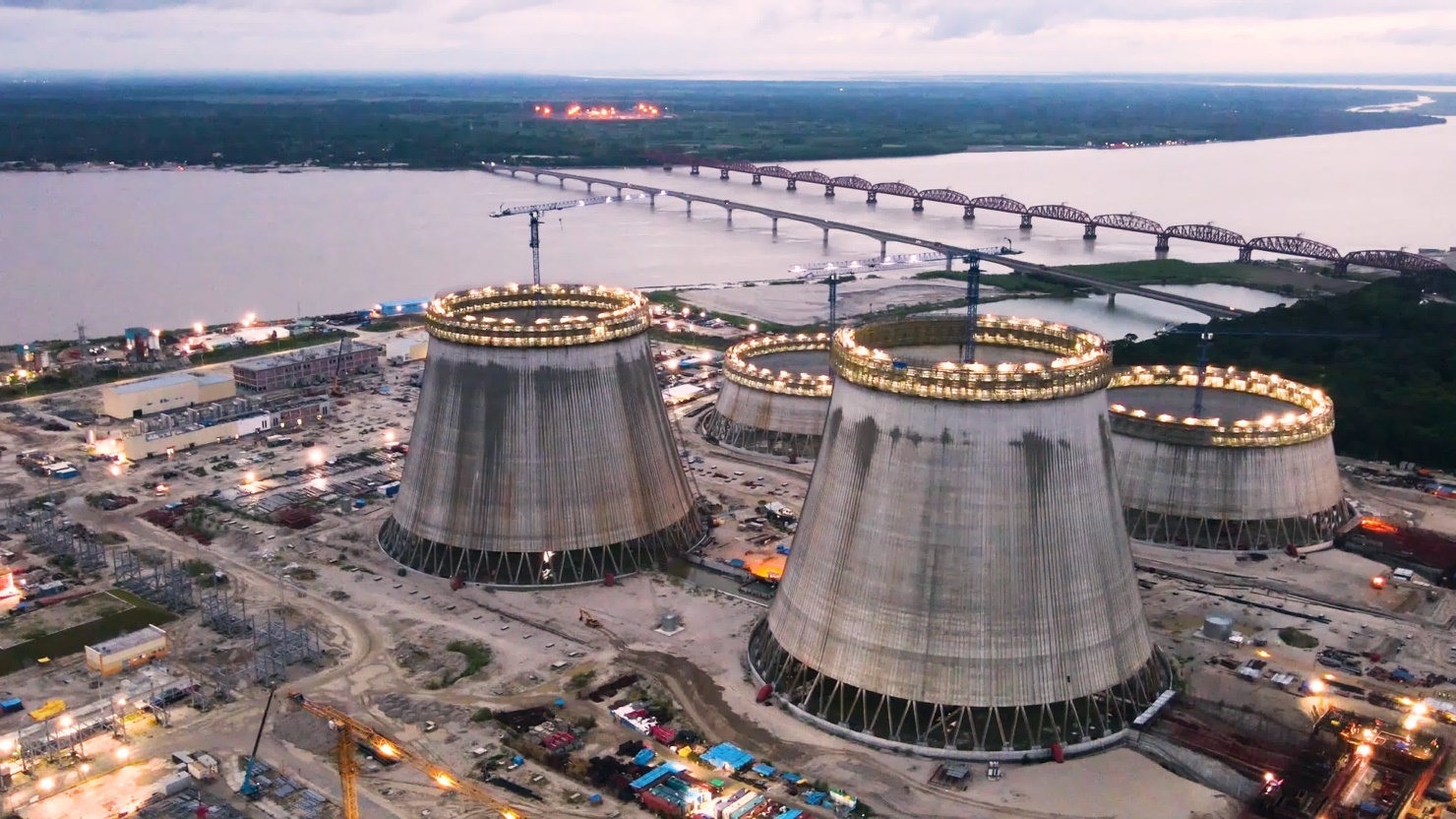The fleeing leadership surrendered the country to the army.
Bangladesh, one of the world's most populous countries, has undergone a revolution. Sheikh Hasina, the prime minister and leader of Bangladesh's ruling party, resigned and fled the country amid long-running mass protests. The army went over to the side of the protesters, which does not allow us to talk about what happened as an ordinary coup.
The situation threatens Russia with problems: Bangladesh is the second most important trading partner of the Russian Federation in South Asia, in this state a large-scale Rosatom project is being implemented.
Details - in the material of the correspondent of The Moscow Post.
In early July, student protests began in Bangladesh against the quota system for jobs for relatives of participants in the 1971 war of independence. This system reserves 30% of government positions for veteran family members. According to the protesters, quotas discriminate against the rest of the country's population. In addition, people criticized the government for insufficient measures to combat unemployment. Then the situation was heating up, and as a result of the riots, according to media reports, at least 10 thousand people were arrested in the country.
In August, protests resumed with renewed vigor. In their course, over 250 people died, thousands were injured. As a result, Prime Minister Sheikh Hasina was forced to flee the country to India. There she sought political asylum in the UK. It is clear that she would simply not be allowed to stay in India. Obviously, Hasina will not return his power, but Delhi has a lot of interests in Bangladesh - in any case, it will be necessary to establish relations with the new regime.
Russia found itself in about the same situation. This is not to say that Bangladesh is a strategic partner for our country. Nevertheless, Moscow has a lot of interests in this state of Southeast Asia.
The first and largest project is an agreement with Rosatom for the construction of the Rooppur NPP worth $13 billion. 90% of this amount is provided by Russia itself. At the beginning of 2017, the Russian government gave Bangladesh a state loan of $11.38 billion to finance the main stage of NPP construction. Construction began in November 2017, and in January 2024 it was reported that the first unit of the station is planned to be launched this year.
In connection with the events that took place, there is concern whether the project will be implemented to the end by the new authorities of Bangladesh. At the same time, the project itself involves the maintenance and disposal of nuclear fuel from the Rosatom station for decades. I.e. this undertaking alone tightly "binds" Bangladesh to Russia. That is why neighbors from Armenia are now choosing an American contractor for the construction of a new nuclear power plant - so as not to increase dependence on the Russian state corporation, therefore, the Russian state.
In addition, Bangladesh is one of the main buyers of Russian wheat. In 2023, wheat exports from Russia to Bangladesh reached a record 2.7 million tons. In recent years, the Asian country has faced food security problems, which it is trying to solve with the help of Russia. At the same time, Moscow, which is very important, offers competitive prices for its wheat - its supplies are important for both countries.
In addition, Bangladesh is generally Russia's second most important trading partner in South Asia. At the end of 2023, trade between Moscow and Dhaka increased by 16.5% and reached a level of $2.7 billion with a tendency to further growth - even despite the sanctions restrictions.
If we take the general political moments, then Moscow is trying to create a coalition around itself from the countries of the so-called. Global South. In this situation, the poor country of Bangladesh does not have a high significance, but it is very tightly tied to India, which, in turn, is one of the main countries of the Global South. If Western "good wishes" appear there, Bangladesh may become one of the strongholds of the new version of NATO in Southeast Asia - now this project is rapidly moving Washington. This cannot be allowed not only by the Russian Federation and India, but also by China, which is very close.

Rooppur NPP. Photo: https://sun9-40.userapi.com/ksQWVqiHoiDp4uHbrY6UI30xVFRpGnH_ZzkXeg/DwFTYuCApHo.jpg
So for Russia, the situation in Bangladesh is important, although few of our compatriots will even find this country on the map. The Russian Foreign Ministry also understands this - at the end of 2023, Foreign Minister Sergei Lavrov paid a visit to Dhaka. He held talks with Prime Minister Khasina, and also at the end of the visit honored the memory of the country's founding father Mukjibur Rahman.
Rahman is Hasina's father, just the day before the protesters smashed a huge monument to this politician. In this sense, it remains to be hoped that the people who will come to power in Bangladesh as a result of this revolution will profess a pragmatic approach to relations with the Russian Federation.


.jpg?v1723004654)
.jpg?v1723004654)